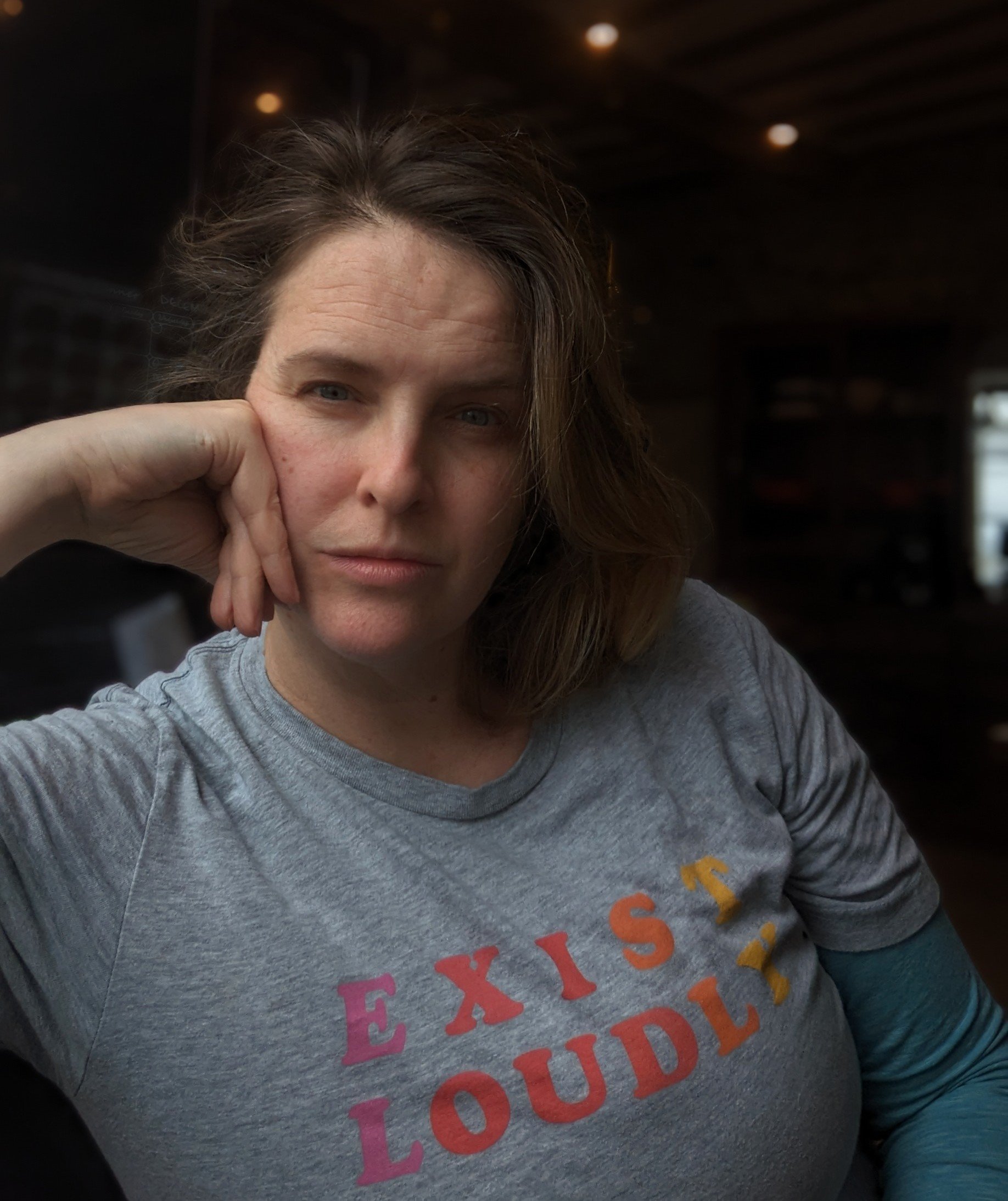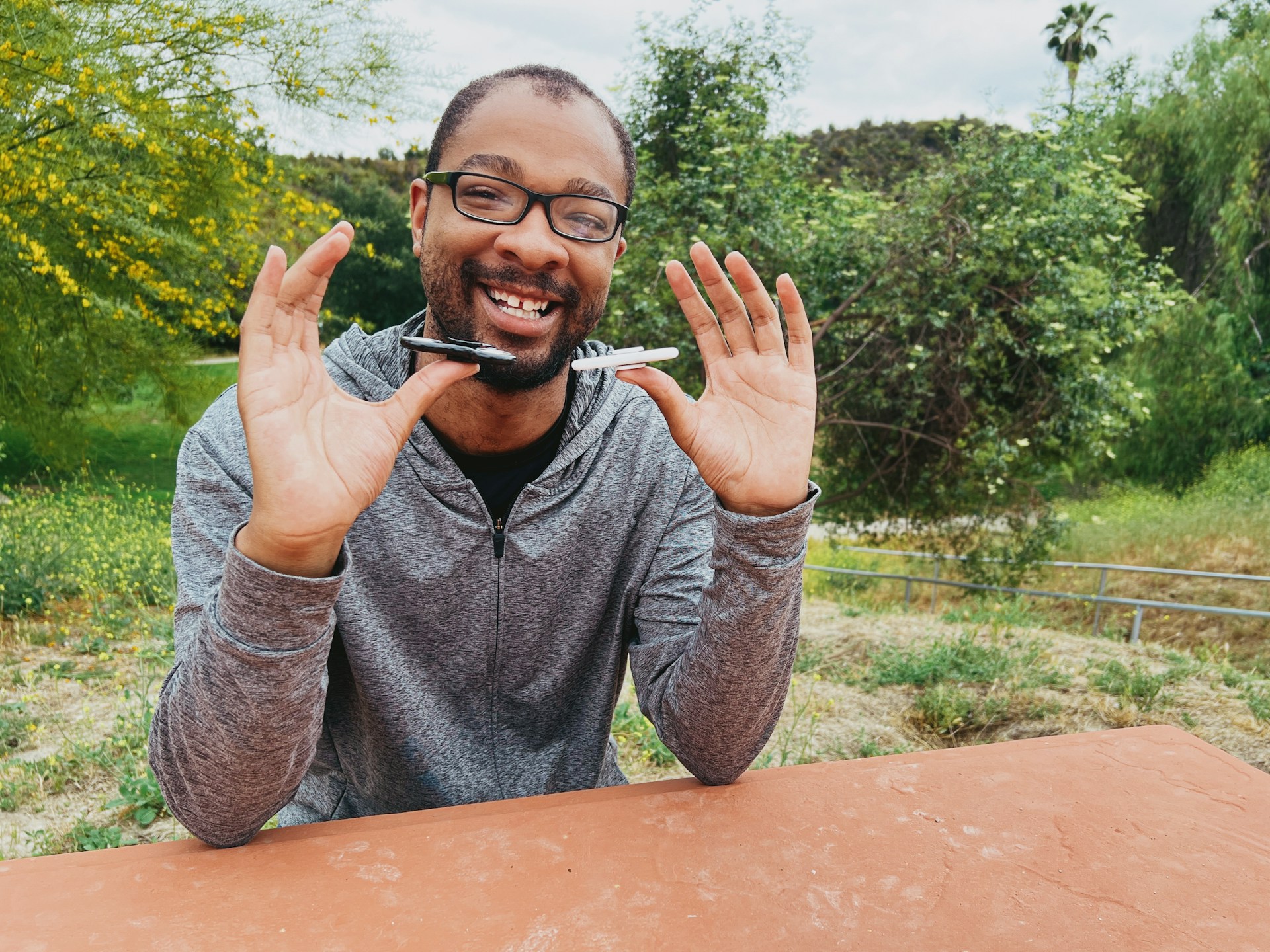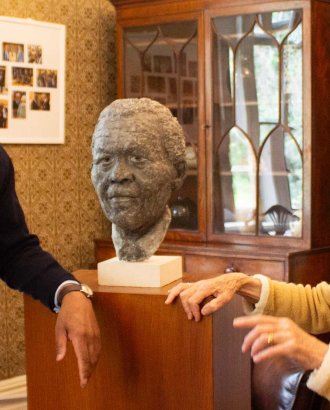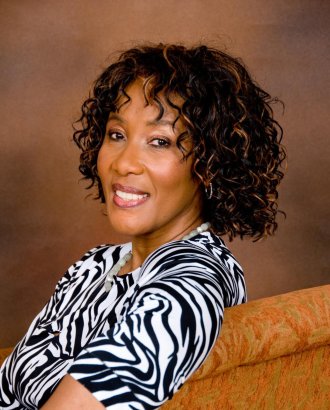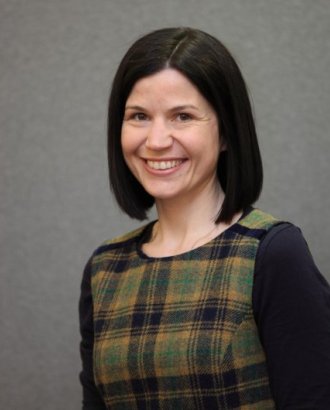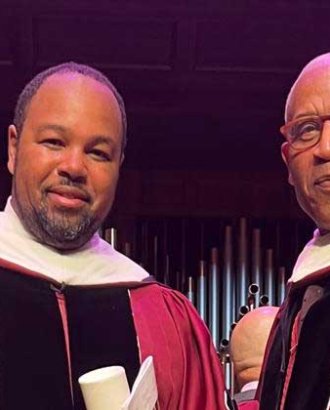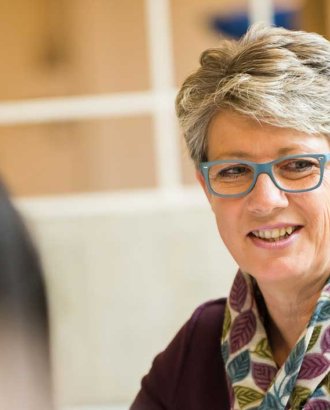EDUCATION SPACES need to “get with 2024” in accepting neurodivergence, according to a Homerton doctoral student.
Portia Ungley, who studies reframing academia as a space of creation, was speaking ahead of her appearance at a Cambridge University event this Thursday called Unleashing Potential: Perspectives on ADHD and Higher Education.
Portia pointed to a UCL study showing up to a quarter of people have some form of neurodivergence, such as dyslexia, dyspraxia, ADHD, and autism.
The barriers faced by those people amounted to discrimination, and tackling this would benefit society as a whole.
2024 Kirsty Wayland Memorial Disability Lecture Unleashing Potential: Perspectives on ADHD and Higher Education Thursday 18 April, 5.30 – 6.30pm St John's College, Fisher Building With panellists: Professor Paul Wilkinson. Clinical Dean, Clinical School, University of Cambridge Professor Amanda Kirby, Honorary Professor and Emeritus Chair in Developmental Disorders, University of Cardiff Portia Ungley, doctoral student, Faculty of Education, University of Cambridge Book your place here |
Portia said: “We asked for students to bring a level of themselves into the classroom. To do that, they have to feel safe. There is clinical evidence that proves that if you feel safe, you're more likely to be brave.
“If you do not act like society tells you you're meant to within a classroom environment, if you tap and stim and you move around and you look out the window, or you need to get up and do star jumps every 10 minutes, that is not how you're meant to look when you're sitting in a classroom.
“If you can manage to make the classroom a space that is safe enough that you can do those things without being censored, without being told off for doing the thing that's helping you study better, you will get better results.
“I think it's about enabling every child, every student, to achieve their best. And does that include your divergences? Of course.
“Why would I think that 75% of my classroom has the right to have a safe space, but the 25% that have some kind of neurodiversity, should be made to feel less safe?”
She added: “Neurodivergence should be a protected characteristic. It should be treated with as much care and as much respect as other things.
“So can we, as a society, get with 2024 and start accepting neurodiversity, in every classroom, not just some.
“And it's not just the kid that's disruptive. It's not just the kids that have a visible learning difference; they/we are in every classroom, from primary to doctoral, and those classrooms must be a safe space in order for everyone to do their best.”
Institutions should accommodate neurodivergent students who need extra time to write their thesis, but this was not about having an easier life, because an extension meant they were losing time in the next stage, she said.
“This idea that somehow someone is gaming the system by getting a diagnosis of neurodivergence is fundamentally misunderstanding what it is to be neurodivergent in a neurotypical world.”
Portia, who has ADHD and dyslexia and has worked for twenty years in academia, said that some people in higher education needed to stop thinking that neurodivergent students were “gaming the system” for an easier life.
“It drives me nuts to see someone being discriminated against by someone who is ignorant more than anything, who thinks that neurodiversity looks a certain way, or behaves a certain way, or is gaming the system, or that neurodiversity is a get-out-of-jail-free card. Come live a week with me.”
Portia spent 11 years as Director of Learning and Teaching at the School of Critical Studies and Creative Industries at Kingston University before pursuing a professional doctorate using post-qualitative methodology to look at ways of finding joy in higher education.
When she entered higher education, Portia was undiagnosed but decided to gain clarity about herself after a student noticed her typing and asked whether she might have dyslexia.
Being diagnosed has released some pressure to 'mask' herself, which can be tiring. "I choose to mask less and less because, you know what, all of me is great. I'm not just gonna show the bits that society finds acceptable anymore. I'm bored with that and I don't think it wasn't a good role model for my students."
Neurodivergence is increasingly becoming an aspect of a person that is recognised by business as offering new ways of thinking through problems, and it has been reported that over half of NASA employees have some form of dyslexia which helps in tasks requiring spatial awareness.
Portia said she was not in favour of judging people by their economic productivity, but it was still notable that figures such as Steve Jobs, Elon Musk, and Albert Einstein were neurodivergent.
Reflecting on the title of Thursday’s event, she said: “I think the back to unleashing potential, the untapped resource that exists in people who expend so much energy trying to fit in because that's what society says success looks like when they could be busy working out how to invent things.”
dddd
